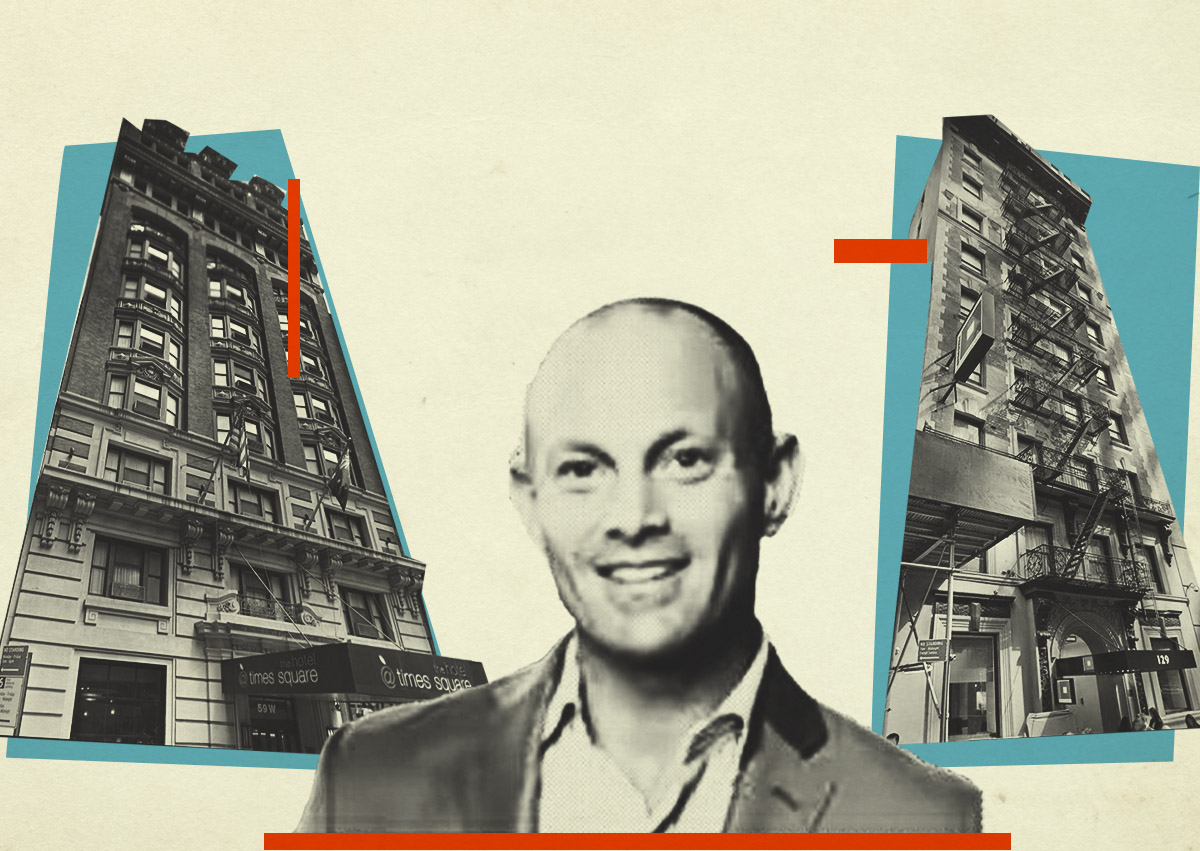New York City extracted $1.2 million from LuxUrban Hotels in a settlement Monday for illegal short-term rentals, Gothamist reported. A lawsuit against the hotel company and the settlement were revealed on the same day, indicating that the city was using the threat of a lawsuit as leverage in the negotiations.
Between 2019 and 2022, LuxUrban turned 67 units across dozens of Manhattan and Brooklyn buildings into illegal short-term rentals, according to the city’s lawsuit. In settlements, companies generally do not admit wrongdoing.
LuxUrban used Booking.com and Expedia to advertise apartments in Hell’s Kitchen, Chelsea, the Upper West Side, Cobble Hill and elsewhere, renting out the units a combined 4,300 times and reaping nearly $4 million, the complaint alleged.
The company’s attorney didn’t respond to a request for comment from the publication. LuxUrban also didn’t immediately respond to a request for comment from The Real Deal.
The company operates properties across the country, accounting for thousands of hotel rooms. Last year, the Miami-based firm signed 35-year master lease agreements to take over operations at two distressed properties in Times Square.
LuxUrban signs leases for apartments or hotels and sublets them as short-term rentals. But its sub-30-day rentals were flagged as the city cracks down on such deals. In most cases, apartments can’t be rented out for fewer than 30 days unless a resident is present. Also, Local Law 18 now requires hosts to register addresses with the city.
Read more



Since enforcement of Local Law 18 began, short-term rental companies like Airbnb have suffered a dramatic decrease in listings. In September 2023 — before enforcement kicked in — there were about 10,000 units listed on Airbnb alone. Today there are fewer than 500.
The city’s Office of Special Enforcement is in charge of policing short-term rentals. The state has a Tenant Protection Unit that plays a similar role. It recently settled a case with landlord Steve Croman, who leased nine rent-stabilized apartments to extended-stay platform Blueground, which in turn rented them to customers for more than 30-day stays — a violation of rent stabilization law.
The city’s crackdown is expected to benefit the hotel industry and perhaps apartment hunters while harming hosts, particularly homeowners of small properties reliant on the rental income stream. Some remain eligible to rent their spaces but could not immediately get their paperwork approved by the Adams administration.
